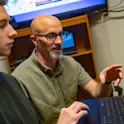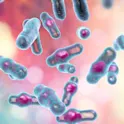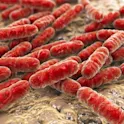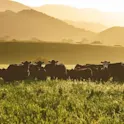The fat of the land: estimating the ecological costs of overeating
Overeating is bad for our planet’s health, not just our own. Image: shutterstock. Overeating wastes far more food than we throw away, suggests research — by Matthew Prior, Frontiers science writer With every unfinished meal since Band Aid, you’ve heard it: “people are starving in Africa, y’know”. True, the UN estimates that rich countries throw away nearly as much food as the entire net production of sub-Saharan Africa – about 230 million tonnes per year. But is it any less a waste to eat the excess food? Morally, it’s equivocal. Nutritionally, it depends. However: the land, water and carbon footprints are just the same. In fact, researchers in Italy have proposed a way to measure the ecological impact of global food wastage due to excessive consumption. First, they estimated the net excess bodyweight of each country’s population – based on BMI and height data – and distributed its energy content among foods groups according to national availability. Published in Frontiers in Nutrition, the results suggest that direct food waste – thrown away or lost from field to fork – is a mere hors-d’œuvre. Metabolic Food Waste and Ecological Impact of Obesity in FAO World’s Region► Read original article► Download original article (pdf) […]














